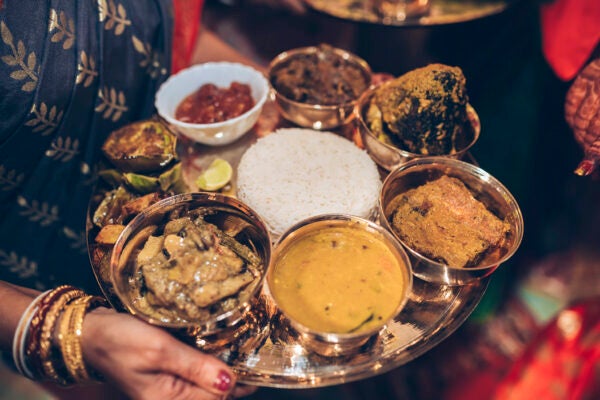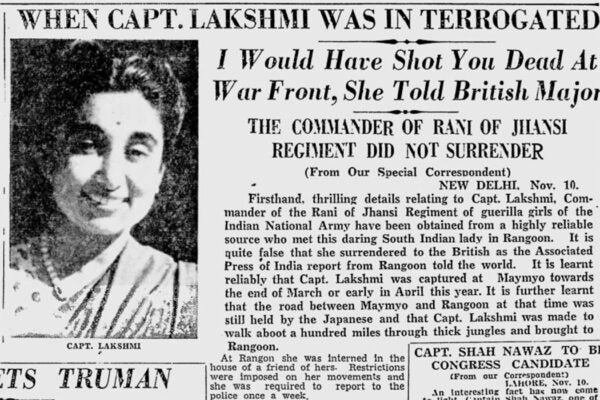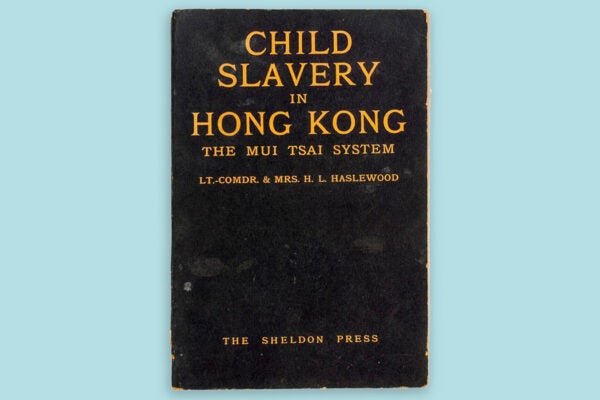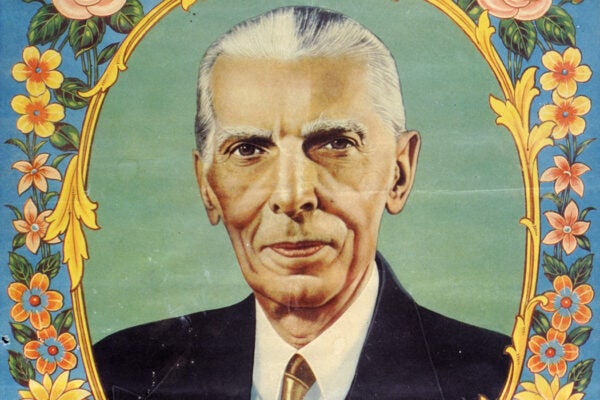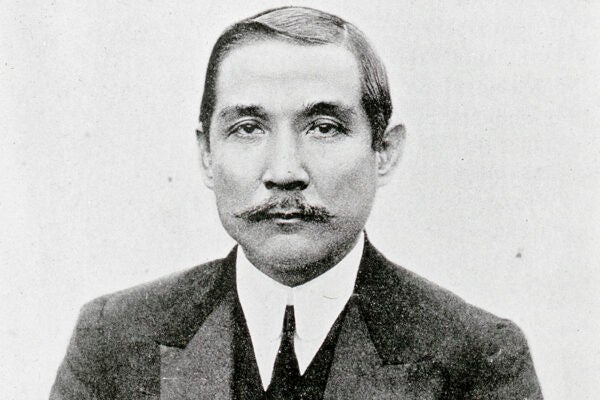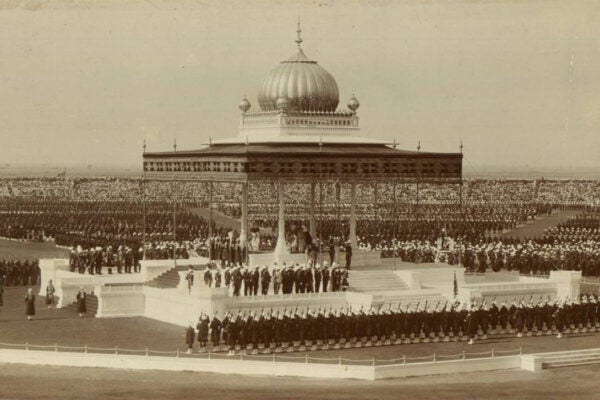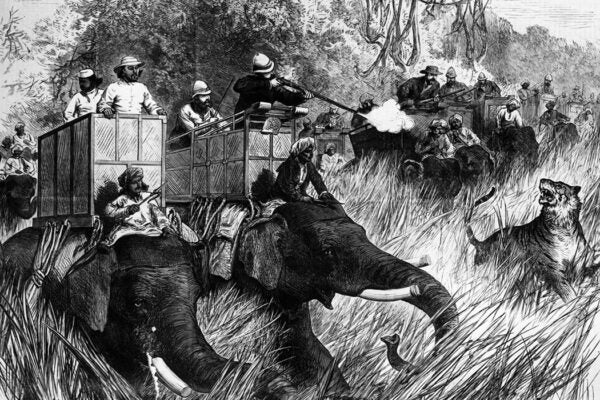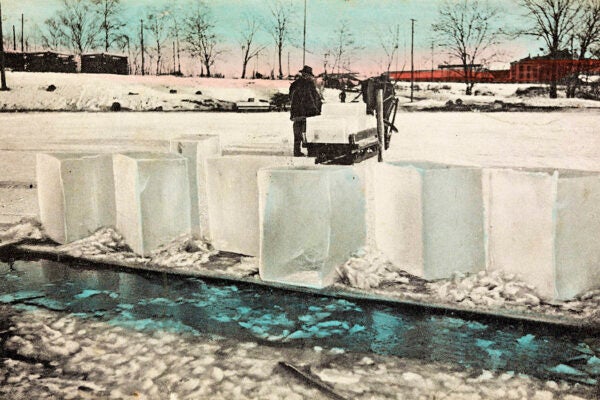Creating a Bengali Cuisine
A rising middle class built up the notion of a distinct Bengali way of eating that claimed ancient origins while also incorporating European cooking styles.
Recruiting Warrior Queens for the Rani of Jhansi Regiment
Why did so many plantation workers in Burma, Malaya, and Singapore rush to join the all-woman Rani of Jhansi regiment of the Indian National Army?
Joseph Conrad’s Travel Stories Weren’t Black and White
Conrad’s celebration of imperial exploration is accompanied by an acknowledgment that such feats often go hand-in-hand with oppression and exploitation.
The British Empire’s Bid to Stamp Out “Chinese Slavery”
The mui tsai custom, which the British saw as a Chinese practice, relied on connections made across the multiracial landscape of colonial Malaya.
Pakistan’s Ambiguous Islamic Identity
Pragmatism, not faith, drove Muhammad Ali Jinnah to lead the call for the founding of the new Islamic state of Pakistan.
Remembering Sun Yat Sen Abroad
Museums around the world honor the history of the revolutionary, but as Singapore’s Sun Yat Sen Nanyang Memorial Hall shows, those memories aren’t easy to read.
Camellia sinensis: Labor and the Tea Plant
Consumed as tea around the world, Camellia sinensis raises questions about plantation labor practices and the environmental impact of monocultures.
The Delhi Durbars
Elaborate demonstrations of British royal ceremony fused with Indian tradition, these assemblies were meant to assert political dominance over Indian subjects.
Resisting British Hunters in India
In nineteenth-century India, many locals stood up against British hunting—sometimes at the cost of their own lives—as a means of cultural conservation.
On the Rocks
Ice harvesters once made a living from frozen lakes and ponds, and the international ice industry was a booming business. Then refrigeration came along.
